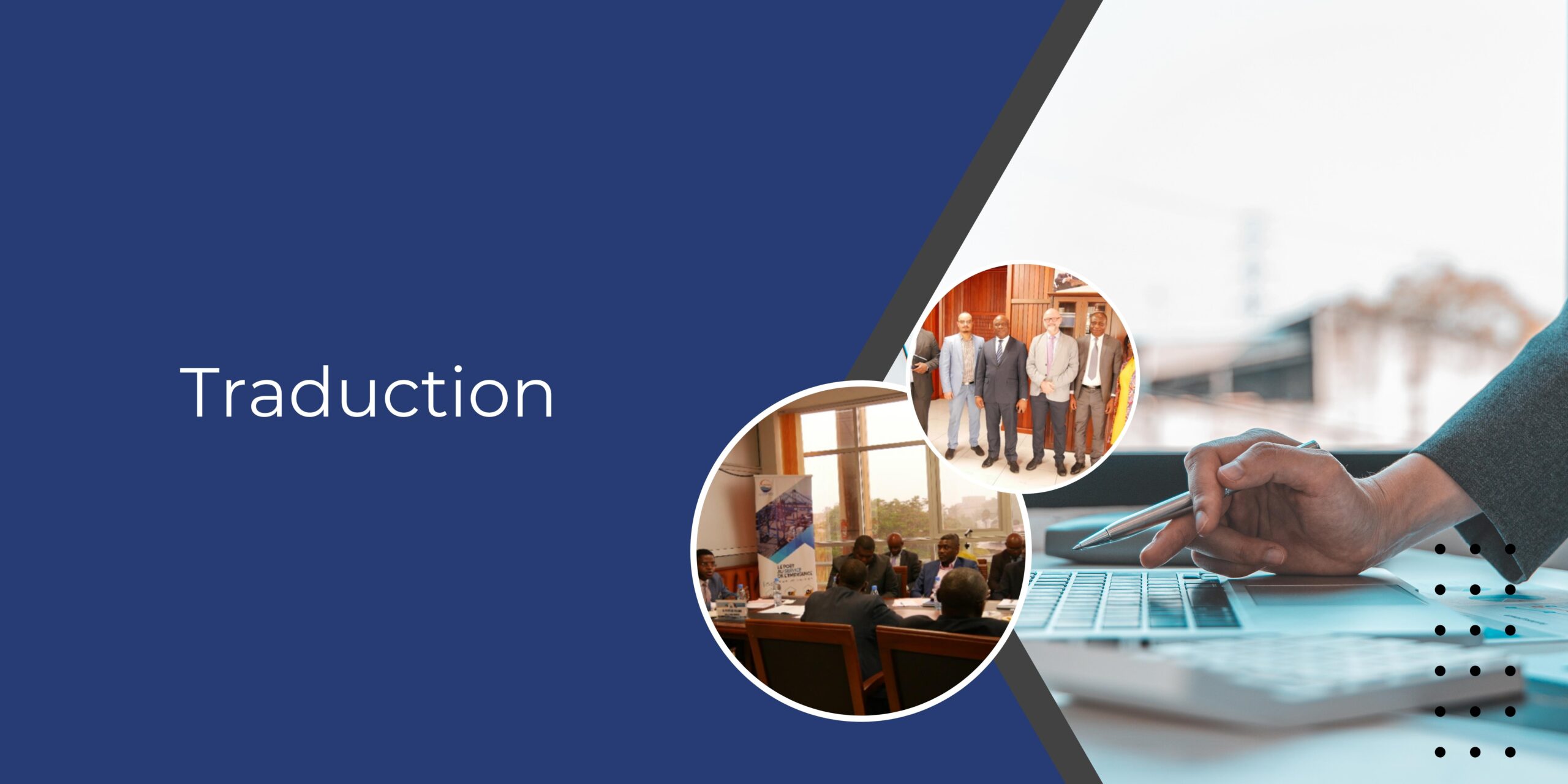
The majority of scientific documents are mostly published in English language. As the world is becoming a global village, ‘Globalisation’ and with the multiple languages in different continents of the world, it is therefore imperative for some or all of these documents to be translated into different languages to ease communication and understanding
The majority of scientific documents are mostly published in English language. As the world is becoming a global village, ‘Globalisation’ and with the multiple languages in different continents of the world, it is therefore imperative for some or all of these documents to be translated into different languages to ease communication and understanding
It is estimated that there are around 640,000 translators in the world a quarter of whom are freelancers. Generally, barriers to entry are low, and competition is extremely high
A tool for communication
International quality standards have been established in many industries for decades, they are a rather recent development in the translation industry. The ISO 17100 standard is the first international quality standard of its kind for translators and was only introduced in 2015. It defines the minimum standards translation service providers need to adhere to in order to deliver quality translations. The Association for Translation Studies in Africa (ATSA) was founded on Saturday 3 September 2016 at the University of Nairobi in Kenya, when its constitution was officially accepted by members attending the first ATSA general meeting. The founding of ATSA has been a result of much deliberation and planning after participants at the third Summer School for Translation Studies in Africa, held in Lusaka, Zambia, in 2014, suggested the founding of an association for translation studies with an African agenda.
Cameroon is a bilingual system with the English Common Law operating in the two Anglophone regions of North West and South West and the French Civil Law operating in the eight francophone regions of Adamaoua, Centre, East, Far North, Littoral, North, West and South. These systems of law expanded to Cameroon through colonisation by conquest. Accordingto the constitution of Cameroon, article 1(3) stipulates that the Official languages of the Republic of Cameroon shall be English and French, both languages having the same status. The State shall guarantee the promotion of bilingualism throughout the country. It shall endeavour to protect and promote national language
Translation services in JMN Consultant
JMN consultant cabinet ensures its communications really world-perfect in the original language. Our translations are perfectly written. Our translations are very faithful and accurately deliver the needed message. Our translators are highly experienced, qualified linguists who are used to working to strict deadline for clients around the globe. We offer a wide range of services – from traditional translation and proofreading to digital document translation and software localisation. We offer over the phone or face-to-face interpreting, completing over 5000 assignments each year in Cameroon and central African sub region.
The ISO 17100 is the new internationally recognised standard for companies within the translation industry, which covers the essential processes for providing a translations service. It establishes and defines the translator, their technical resource and quality of service. Its aim is to outline the service a client will receive within a recognised set of procedures that are carried out to best practice.
- Translation –Other than translating to its purpose, our translators also perform an overall check of their own work
- Editing –This is done by a separate qualified translator or an editor by performing a bilingual examination of the source and target language content for any errors and other issues
- Proofreading –A final monolingual proofread and application of corrections to ensure the flow of content between paragraphs and its suitability for the agreed purpose
- QA and Final Verification –A systematic QA process conducted by the trained Project Manager to confirm that all specifications of the project are met
- Review/Validation –The review includes assessing domain accuracy and applying specific terminologies (if not already provided at the start of the translation phase) or stylistic changes by the reviewer, usually provided as a form of a feedback by the client.
